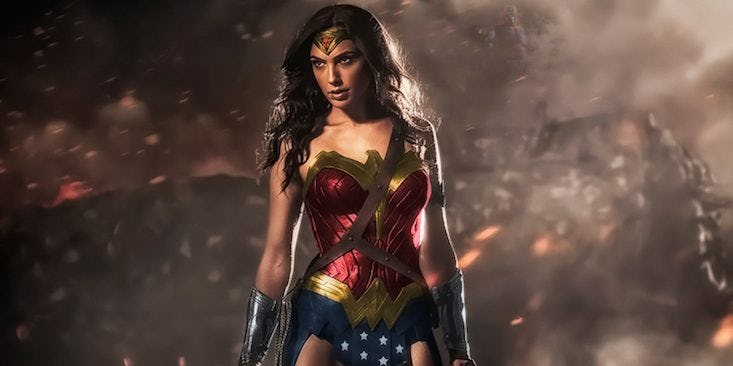

But what are Hermes’ motivations? Why is he helping out Diana? I’m not even going to say he is an ambiguous character because all of them are. The kerykeion is faithfully represented in Chiang’s version, and plays an important role in the plot because it allows its holder to travel between realms. His main symbol is the herald’s staff–the kerykeion in Greek–that consists of two snakes wrapped around each other. He is often symbolized by winged sandals, but in this comic he has actually winged bird-like feet and a feathery body.

He is also the god of thieves, trade, travelers, wit, and athletes, and guide to the Underworld. The messenger god is as fast as wind and a master of stealth. Happily, there are good guys around the town to save the day: Wonder Woman and Hermes. So Hera wants to murder this mortal Zola, who is pregnant with Zeus’ child. So she starts this arc as the master villain, but that’s Greek mythology. She hunts Zeus’ bastards and cruelly eliminates them, as well as their mothers. But she does not take extra-marital affairs lightly. Hera’s symbols are the peacock and her crown. She is the goddess of matrimony–a good one to pray to if you wish for a gentle husband or strong children. Which takes us to Hera, wife of Zeus and theoretically next in the succession line. How will the world adapt to this new situation? It is Game of Thrones, Olympus edition. So taking this power figure out of the scene is very interesting. The King of Heaven oppressed mortal women in the most unfair power play, often ending with rape. Just like we witness in real life, his authority grows as the subject’s perceived worthiness in society falls–but his authority was already pretty huge to begin with. Zeus has done some pretty messed up things, like trying to kill his son because he didn’t want competitors to the throne. Power can be good: he is the governor of Olympus and puts everything and everyone in its rightful place, enabling the wheels of the world to spin in a somewhat orderly fashion. Zeus is the personification of power–an old white man power, if you ask me. The starting point of this story is that Zeus is missing. Throughout the story, the gods are referred to as the name of the things they represent, as in Ares is called “War,” Hades is called “Hell,” and Poseidon is called “Sea,” for those are their true nature. So, for example, Ares, the god of war, is the concept of war itself. Most of the characters in this comic are deities, and the first thing you have to understand about Greek gods is that they are not super powerful people, but concepts with consciousness. But she comes back to her temple at Themyscira and worships them. As seen in previous runs, Diana has had to deal with mischievous gods and sometimes fight with them herself. Sometimes, these readers don’t understand why the Greek gods do what they do, from randomly giving superpowers to humans to psychotically killing people. In this kind of faith, god and everything divine are inherently good. Which means that, in this run, there is more Greek mythology than ever.Īs an American comic, the majority of Wonder Woman readers have grown up in an occidental religious context. But the fact remains that Diana is now a bastard of Zeus, positioning her side to side with Olympus’ highest gods. In this essay, I don’t pretend to get to a conclusion to this question–because I don’t have an answer. In another point of view, some fans were pleased with the plot opportunities this new beginning provided. Was this a good change to Wonder Woman’s canon? Many fans felt disappointed, as the heroine’s clay origin was already dear in their hearts. The clay was just a lie Hippolyta made up to cover an affair she had with Zeus, from which Diana was born. In this new take on the character by writer Brian Azzarello and artist Cliff Chiang, her origin was reinvented. In 2011, though, DC Comics revamped its entire universe, that now is called the New 52. Before, Diana was born from clay and her mother Hippolyta’s desire to have a daughter. Wonder Woman’s current run is rich with greek mythology.


 0 kommentar(er)
0 kommentar(er)
